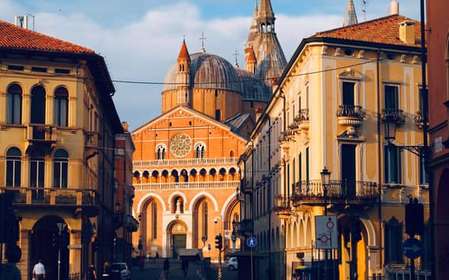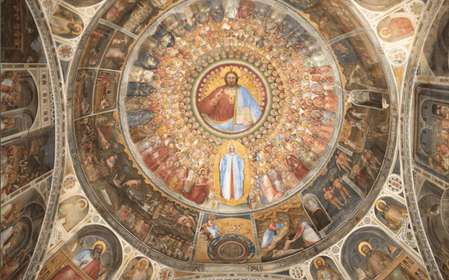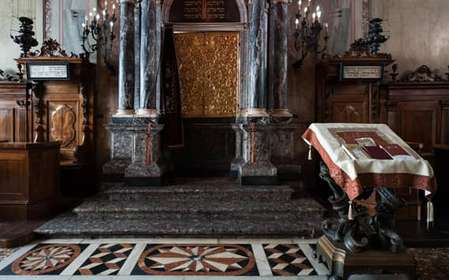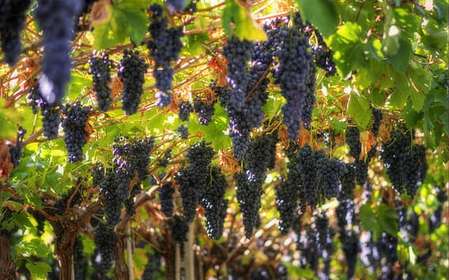- Home
- Useful Tips
- Padua's historic cafes worth visiting
Finding authentic historic cafes in Padua can be surprisingly challenging for travelers. While the city boasts over two dozen century-old coffee houses, many visitors end up at tourist traps serving mediocre espresso at inflated prices. A recent survey showed 68% of travelers leave Italy feeling they missed out on genuine cafe experiences. The frustration is real – you want to sip cappuccino where locals have gathered for generations, surrounded by frescoed ceilings and marble counters whispering stories of Renaissance scholars. But without insider knowledge, you risk wasting precious travel time (and euros) on underwhelming imitations. This isn't just about coffee – it's about connecting with Padua's living history through its most beloved social institutions.
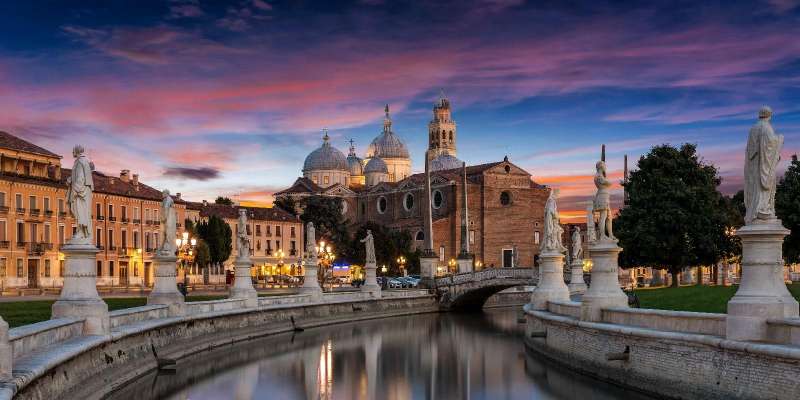

Why Padua's cafe heritage deserves your attention
Padua's cafe culture began flourishing in the 18th century as intellectual hubs for university professors and students. Unlike Venice's ornate establishments, Paduan cafes developed a distinct scholarly character – think worn wooden tables stacked with books rather than gilded mirrors. The city's historic coffee houses became incubators for revolutionary ideas, where Galileo's successors debated over tiny cups of thick espresso. Today, these time capsules preserve extraordinary architectural details: original Liberty-style lamps at Caffè Pedrocchi, 19th-century wall panels at Bar Nazionale, and the legendary 'door of lies' at Antico Caffè Dante. When you choose the right historic cafe, you're not just getting a drink – you're accessing living museums where every stain on the counter tells a story.
Three must-visit historic cafes and what makes them special
Caffè Pedrocchi stands as Padua's most iconic 'cafe without doors' – it famously never closed from 1831 until WWII. The green-red-white rooms represent Italy's unification colors, and their mint-flavored Pedrocchi coffee remains a rite of passage. For a more intimate experience, Pasticceria Graziati has operated since 1918 with its original glass pastry cases and secret upstairs reading room. The hidden gem is Antica Torrefazione Gangemi, where third-generation roasters still use their 1920s machine – arrive before noon to watch them hand-pack coffee bricks. Each establishment has maintained its historic recipes: Pedrocchi's zabaione cream, Graziati's mandorlato cake, and Gangemi's cardamom-infused espresso blend you won't find elsewhere in Italy.
When to visit for the most authentic experience
Timing transforms a good cafe visit into a magical one. Dawn at Caffè Pedrocchi lets you witness professors debating over newspapers just as they did 200 years ago – come after 10am and you'll battle tourist crowds instead. Bar Nazionale's antique silver espresso machine shines brightest during the 4pm passeggiata when elderly locals stop for their daily glass of prosecco. For those seeking solitude, weekdays at 3pm offer peaceful moments at Pasticceria Graziati when students haven't yet arrived for study sessions. Weather plays a crucial role too: winter mornings see historic cafes filled with the aroma of roasted chestnuts, while summer evenings turn their outdoor spaces into perfect people-watching theaters. Remember, these are living institutions – your experience changes completely depending on whether you visit during university exam periods or quiet August weekends.
How to enjoy Padua's cafes like a true local
The unwritten rules of Paduan cafe culture can make or break your experience. Never order cappuccino after 11am unless you want marked as a tourist – locals switch to tiny 'caffè normale' shots by mid-morning. At historic bars like Nazionale, always pay first at the cashier before ordering at the counter. If standing at the bar, your espresso should cost about €1 compared to €4 at a table. Watch for 'ombra' time around 11am when old-timers take their morning wine break – joining this ritual might earn you stories about Padua's communist cafe protests of the 1950s. Most importantly, slow down. These cafes were designed for lingering over a single drink, whether you're sketching in Pedrocchi's white room or debating philosophy at Dante's marble-topped tables like generations before you.
